
Former Taiwan Leader Ma Ying-jeou to visit China
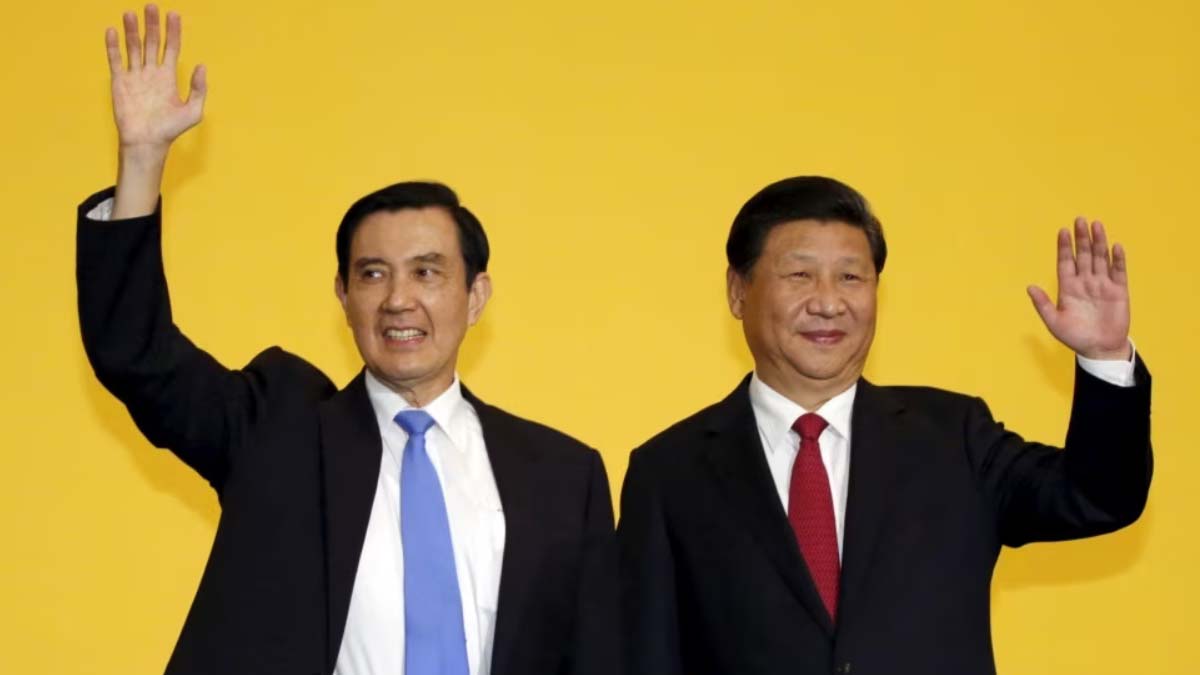
TAIPEI, TAIWAN : Former Taiwan President Ma Ying-jeou will visit China next week, in what a spokesman called a bid to ease tensions between the self-ruled island and the mainland.
Ma presided over a period of warm ties with Beijing, but left office under a cloud after a trade deal with the mainland failed to win approval amid the island’s largest protests since the 1990s.
Ma’s proposed visit comes as China’s People Liberation Army sends fighter jets towards Taiwan on a near daily basis, and as official communications between the two governments have broken off.
China’s ruling government claims Taiwan is part of its national territory, but Taiwan’s current ruling government says it’s already a sovereign state that is not part of China.
Ma, who’s a member of the opposition Nationalist Party (Kuomingtang), will lead a delegation of academics and students as well as his former presidential staffers from March 27 to April 7, his office said Sunday.
The office of President Tsai Ing-wen said Ma had notified the office of his plans Monday and that they “hoped Ma, in his role as the former head of state…can show the value of Taiwan’s democracy and freedom and the position of equality and dignity in cross-Straits exchanges.”
He will visit Nanjing, Wuhan and Changsha, as well as other cities, said Hsiao Hsu-tsen, the director of the Ma Ying-jeou Foundation on Monday, at a press conference in Taipei.
Hsiao also announced that he would bring college students from Taiwan to meet with students from Shanghai’s Fudan University and Changsha’s Hunan University.
“He strongly believes as both sides of the Straits have entered this frozen situation in recent years, allowing young people to have an exchange will help reduce tensions,” Hsiao said, referring to the former President. “I think no matter how many weapons we buy, it’s not as good as having young people from both sides understand each other and deepen their exchange.” Ma will not go to Beijing, China’s capital, Hsiao said.
The visit was also confirmed by China’s Taiwan Affairs Office.
During Ma’s terms in office, Taiwan and China increased contacts. Ma negotiated a trade pact with Beijing in 2010 and Chinese tourists flocked to Taiwan.
As both sides opened their borders to each other, concerns grew that Taiwan was falling inescapably into Beijing’s orbit, eventually leading to national protests over a proposed trade deal with Beijing in 2014. The protests, known as the Sunflower Movement, sparked a rally that drew more than 200,000 protesters and a 24-day occupation of Taiwan’s Parliament by students.
Ma met with Chinese President Xi Jinping in Singapore in 2015, while he was still in office. The meeting was the first between the leaders of the two sides since Taiwan split from mainland China in 1949 during the Chinese civil war but was considered more symbolic than substantive.
In 2016, the independence-leaning Democratic Progressive Party won national elections and Beijing cut off contact with Taiwan’s government, citing Tsai’s refusal to endorse the idea that Taiwan and China are one country.
VOA
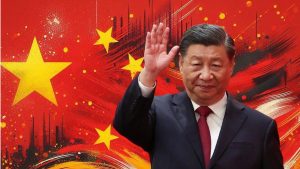
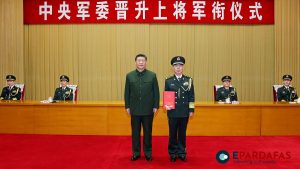

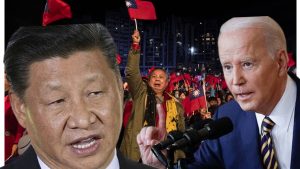
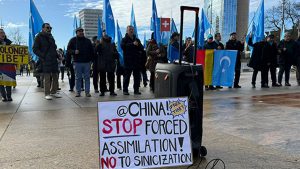
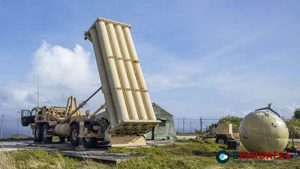
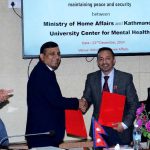
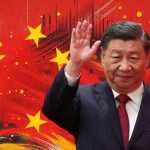



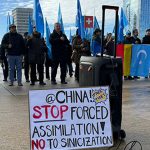
Comments